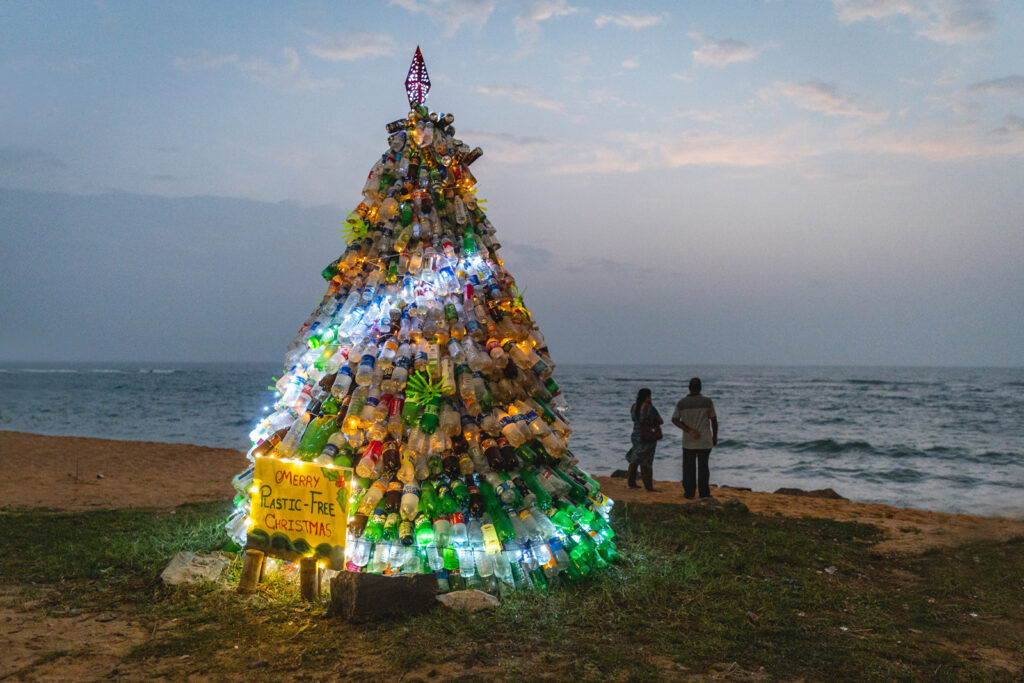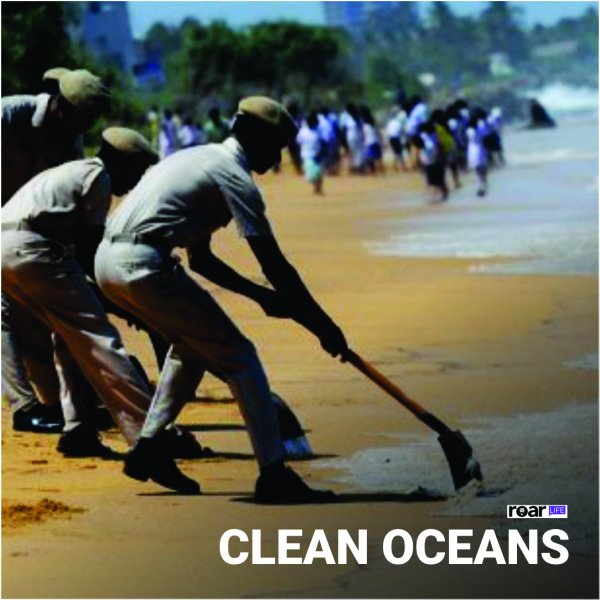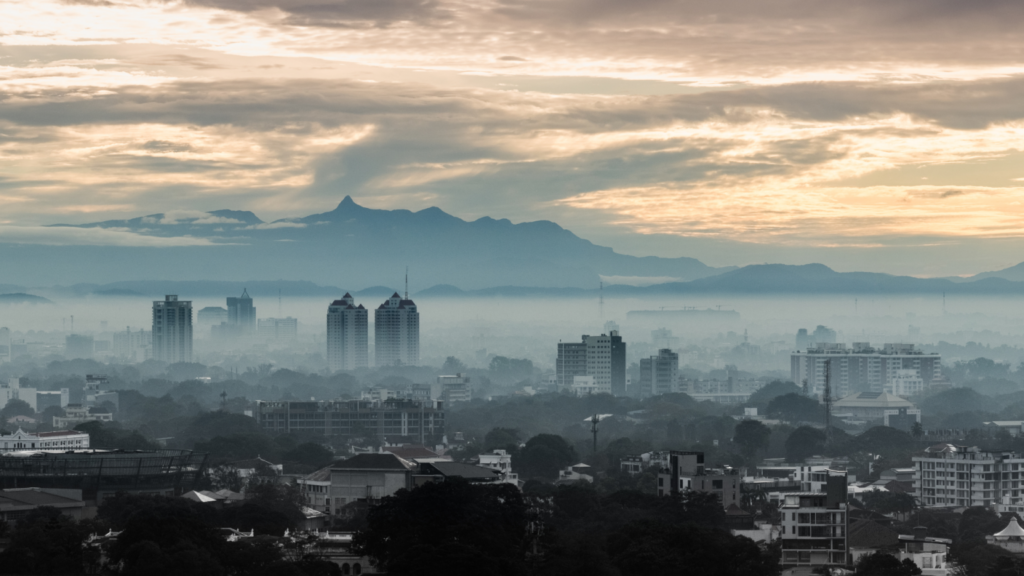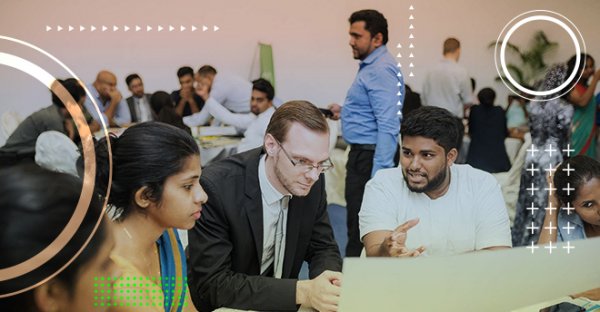
The government this year has taken several measures to ban various types of single-use plastics, and although this is positive news for the environment, some local sectors face the problem of a lack of proper alternatives.
Last month, the Ministry of Environment announced a ban on an additional five types of plastic products, including the spoons used with yoghurt, and ice cream cups. Studies conducted by the ministry have shown that the cups themselves contribute terribly to pollution: between 96-100 tonnes of empty plastic yogurt cups are annually thrown into the environment after use. Only seven per cent of the discarded plastic cups are re-collected for recycling.
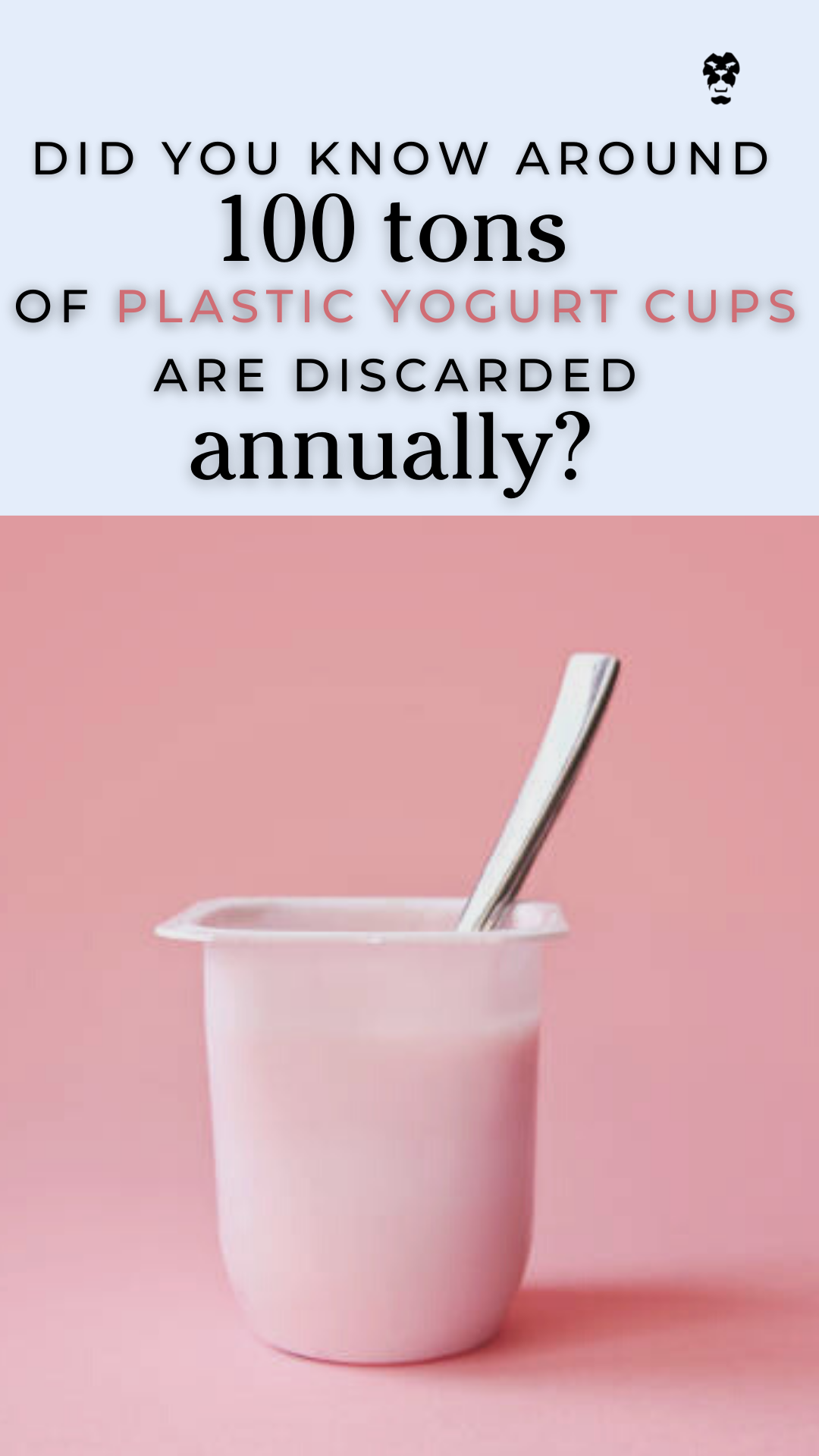
However, Environment Minister Mahinda Amaraweera has said that the use of plastic cups in yoghurt production cannot be banned as no alternative has been identified so far. He added that the yoghurt industry, which provides a “nutritious food” at low prices, “may collapse” if the government were to ban the use of the plastic cups.
Meanwhile, other nations have sought out alternatives to such plastic packaging. In the Netherlands, despite their fragility, glass pots are used to package a variety of desserts and dairy products — it is a low-cost product and is also recyclable. Similarly, in other parts of Europe, cardboard packaging is also used as an alternative to plastic cups. This is both biodegradable and recyclable.
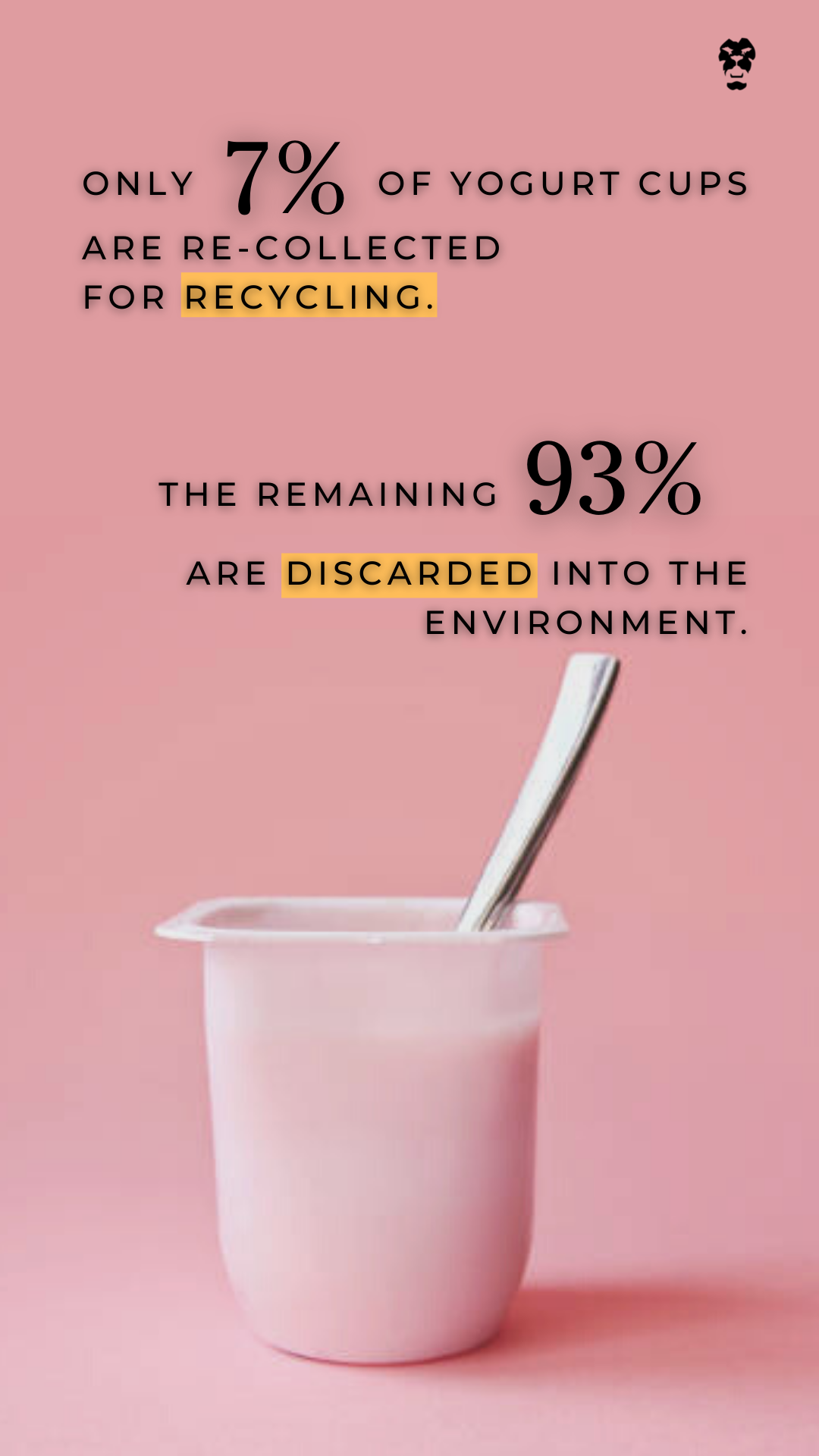
Whether local markets can adopt such alternatives would depend on various factors, ranging from production costs to levels of interest. With the plastic bans now coming into force, a number of companies have come forward with solutions — some companies have opted to buy disposable yogurt cups for recycling, instead of being dumped or burned. Meanwhile others have proposed the use of paper cups and containers made of biodegradable material such as banana leaves, but many of these items are still at an experimental stage.

